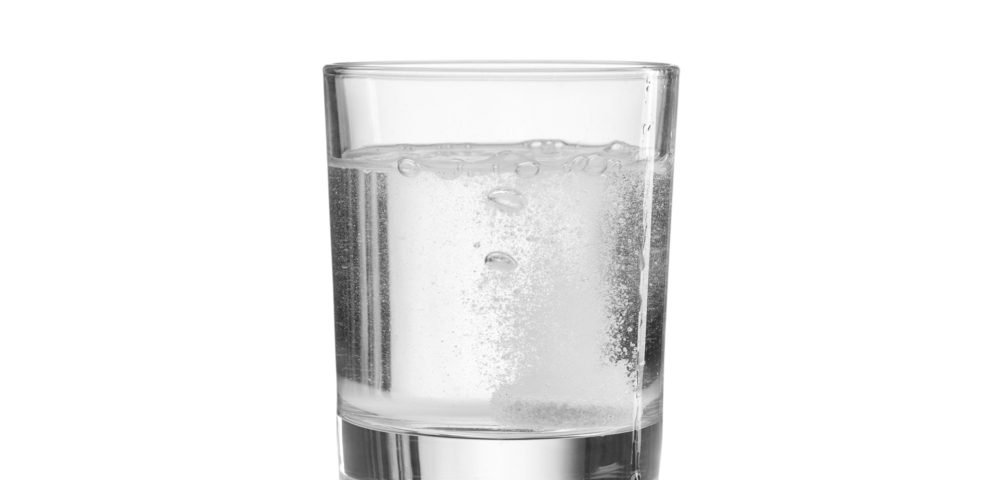Regular use of low-dose baby aspirin reduces the risk of women’s breast cancer, according to the first research to reach such a conclusion.
Aspirin is already known to reduce the risk of people having heart disease, colon disease and other conditions.
The research involved a subset of patients in the huge California Teacher’s Study. Titled “Regular and low-dose aspirin, other non-steroidal anti-inflammatory medications and prospective risk of HER2-defined breast cancer: the California Teachers Study,” it was published online in Breast Cancer Research.
Women who took 81 mg of aspirin at least three times a week were at 16 percent lower risk of developing breast cancer, according to Dr. Leslie Barnstein’ research team at City of Hope, a renowned cancer center in Duarte, California.
Another important finding was that regular doses of aspirin reduced the risk of a woman developing the most common breast cancer subtype, HER2 negative breast cancer, by 20 percent.
“We already knew that aspirin is a weak aromatase inhibitor and we treat women with breast cancer with stronger aromatase inhibitors since they reduce the amount of estrogen postmenopausal women have circulating in their blood,” Bernstein said in a press release. “We thought that if aspirin can inhibit aromatase, it ought to reduce the likelihood that breast cancer would develop, and it could also be an effective way to improve breast cancer patients’ prognosis once they no longer take the more potent aromatase inhibitors. Aspirin also reduces inflammation, which may be another mechanism by which aspirin taken regularly can lower risk of breast cancer developing or recurring.”
The California Teacher’s Study covered 57,164 women who answered questions in 2015 about the history of cancer in their family, menstrual and reproductive history, use of aspirin or hormones, weight and height, diet, alcohol use, living environment, and physical activity.
Among the respondents, 1,457 developed invasive breast cancer after 2013.
Researchers focused on baby aspirin because it is cheap and helps prevent other diseases. The study was also the first to track low-dose aspirin, as opposed to regular aspirin.
“The study found an interesting protective association between low-dose aspirin and breast cancer,” said Dr. Christina A. Clarke of the Cancer Prevention Institute of California, the lead author of the study.
“We did not by and large find associations with the other pain medications like ibuprofen and acetaminophen. We also did not find associations with regular aspirin since this type of medication is taken sporadically for headaches or other pain, and not daily for prevention of cardiovascular disease,” Clarke said. “Now that we have some data separating low-dose from higher-dose aspirin, more detailed research can be undertaken to understand the full value of low-dose aspirin for breast cancer prevention.”

